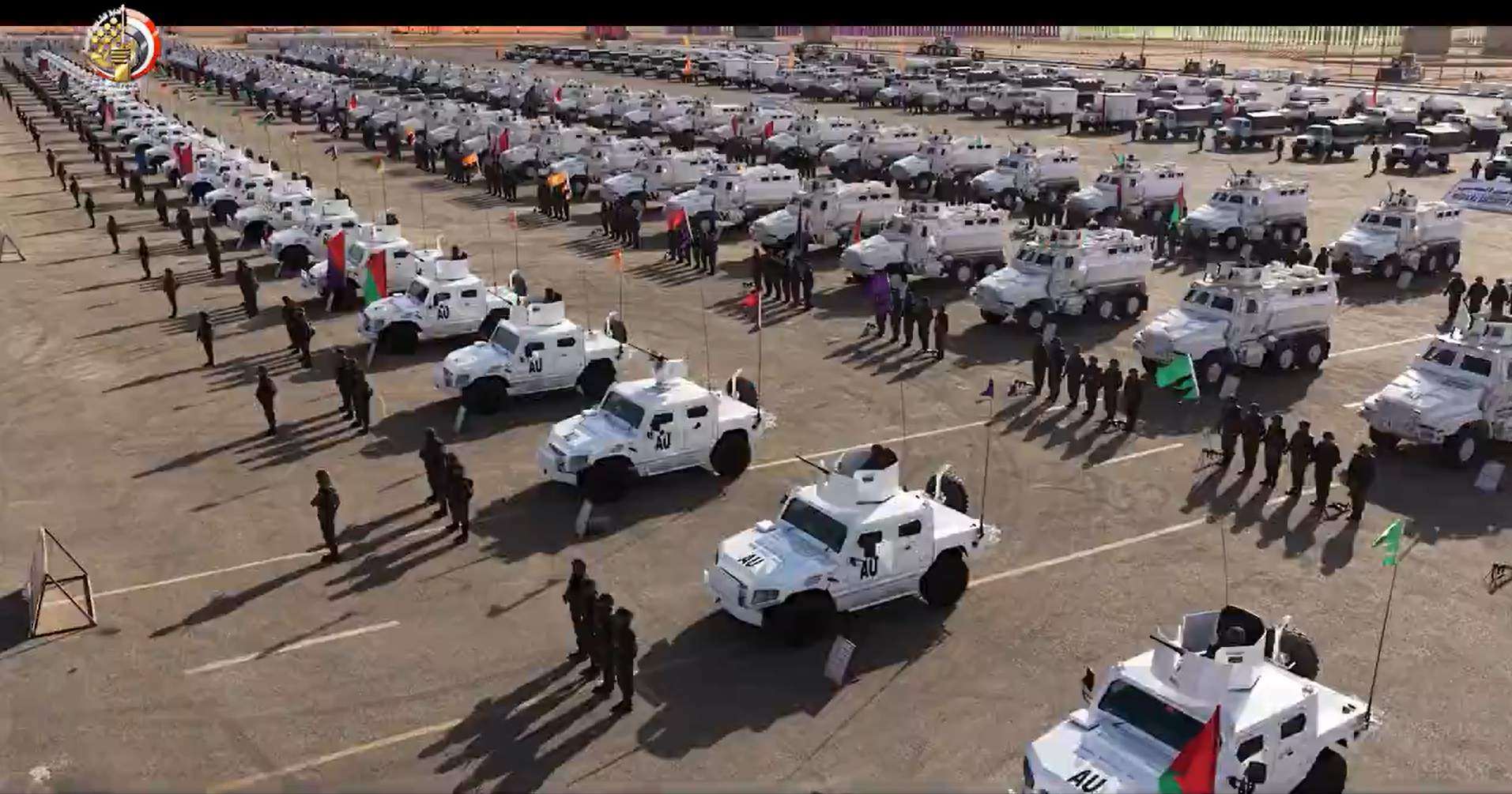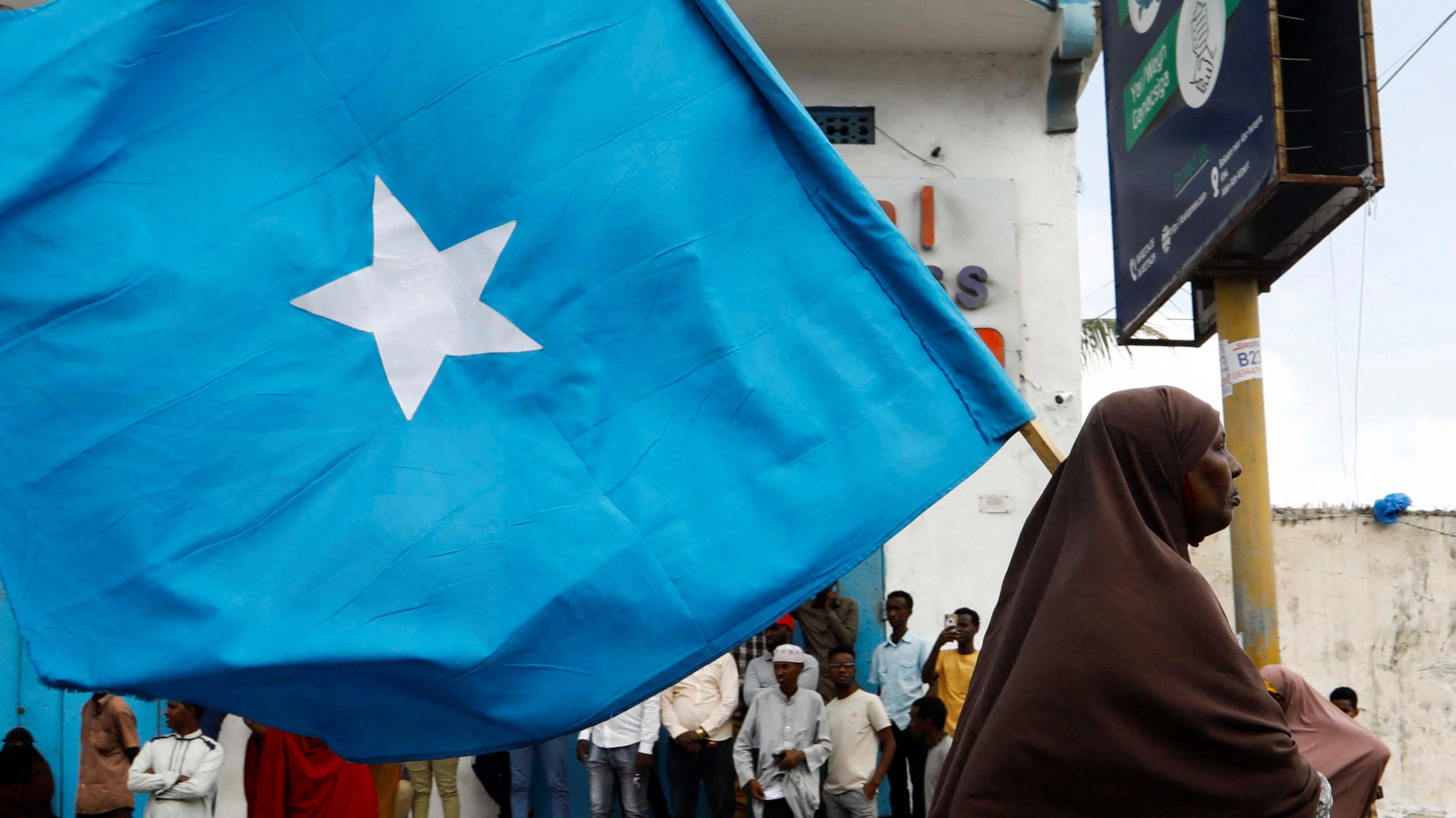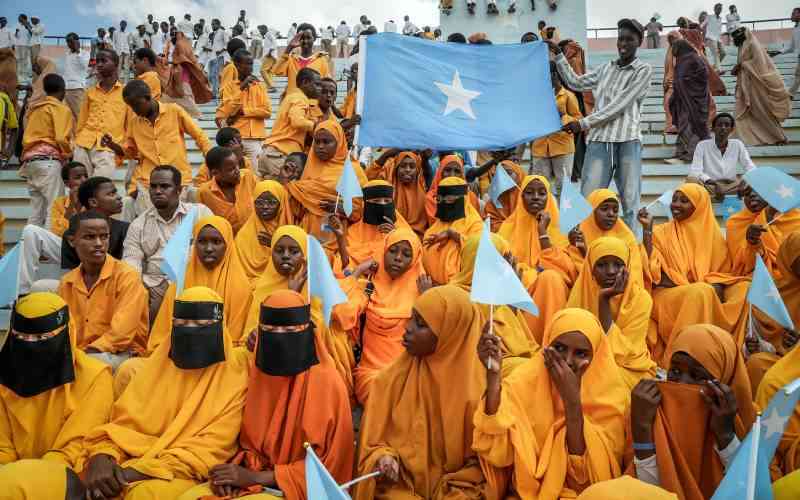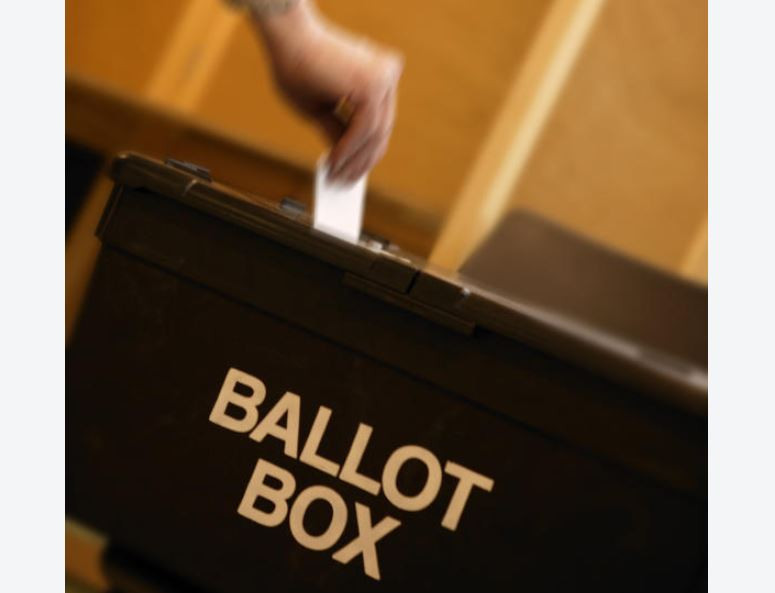UAE's Divisive Visa Ban: Somalia Targeted, Somaliland Gains Diplomatic Recognition
Somaliland, an entity that achieved independence in 1960 and was recognized by over 35 countries including the US, UK, and all five permanent members of the UN Security Council, later joined Somalia in pursuit of a unified Somali vision. This aspiration, however, crumbled under a period of dictatorship, civil war, and widespread marginalization. In 1991, Somaliland reasserted its sovereignty, charting a course towards peace and democracy while Somalia descended into profound chaos.
For a significant duration following its restoration of sovereignty, the international community largely opted for a policy of non-engagement with Somaliland, instead deferring to Mogadishu. This 'policy of silence' left Somaliland isolated, despite its demonstrated commitment to democratic principles and its critical geostrategic location on the Gulf of Aden. However, it became evident that legal arguments alone were insufficient to secure global reinstatement of its sovereignty.
President Ahmed Silanyo recognized the imperative for Somaliland to cultivate international interest and forge partnerships with nations and institutions that aligned with its common interests. This strategic pivot commenced in 2015 when the United Arab Emirates (UAE) signed a pivotal agreement with Somaliland. This landmark deal encompassed the modernization of Berbera Port, the rehabilitation of Berbera Airport, and the construction of the vital Berbera Corridor. Notably, this marked the first instance of an Arab state entering into a significant investment agreement directly with Somaliland, effectively bypassing Mogadishu.
Mogadishu's reaction to this development was marked by hostility. The Somali parliament enacted a resolution prohibiting the investment and endeavored to obstruct the agreement on political grounds. The Mogadishu government even escalated the dispute to the United Nations Security Council, attempting to characterize the deal as a violation of Somalia's sovereignty. Despite these efforts, they ultimately failed. The UAE and Somaliland proceeded with the initiative, transforming the DP World investment into a tangible reality. This event proved to be a turning point, underscoring the UAE's understanding that stability, geographical advantage, and reliability held greater weight than political hesitancy or obstruction from Mogadishu.
A decade hence, the UAE continues to treat Somaliland distinctly from Somalia, both economically and politically. Somaliland is notably absent from the UAE's visa ban list, and its official systems list Somaliland separately. This subtle yet resolute acknowledgment signifies Somaliland's recognition as a functioning state possessing its own established institutions, economy, and clearly defined borders. The momentum of engagement is no longer confined to the Gulf region.
The United States is now following a similar trajectory. Congress has passed legislation designed to encourage American companies to invest in Somaliland and is advocating for separate travel advisories that accurately reflect the ground reality: Somaliland maintains stability, while Somalia continues to grapple with fragility. Concurrently, the UK has sustained its direct support for Somaliland's development initiatives, and Taiwan has established a representative office in Hargeisa, further illustrating the expanding scope of international engagement.
This evolving trajectory substantiates a broader truth: economic diplomacy has successfully transitioned Somaliland from a state of isolation to one of active engagement. By meticulously cultivating partnerships that yield stability, foster trade, and enhance security, Somaliland has effectively transformed investors and governments into influential advocates. From the DP World agreement in 2015 to the legislative actions of the U.S. Congress in 2025, Somaliland is no longer passively awaiting formal recognition; it is already actively being treated as a preferred partner on the global stage.
Recommended Articles
Shockwave as DP World Chairman Sacked Over Jeffrey Epstein 'Torture Video' Email

Sultan Ahmed bin Sulayem, head of DP World and owner of P&O Ferries, has resigned amid revelations of his disturbing ema...
Tanzania's Economic Engine Roars: Dar Port Efficiency Skyrockets

Dar es Salaam Port has seen remarkable improvements in cargo and vessel handling, driven by strategic Public-Private Par...
Tensions Flare: Egypt Deploys Forces to Somalia Over Somaliland Recognition

Egypt has formally committed military forces to the African Union Mission in Somalia (AUSSOM), affirming its support for...
Somalia Faces Global Scrutiny: Crowned World's Most Corrupt Nation in 2025

Somalia has been ranked among the world's most corrupt nations in the 2025 Corruption Perceptions Index, scoring a mere ...
Somalia Slams UAE: All Deals Off Amid Regional Tensions!

Somalia has cancelled all agreements with the United Arab Emirates amid heightened tensions over Israel's recognition of...
Somalia's Political Storm: Election Disputes Rage as Historic Female PM Looms?

Somalia faces an intensely volatile political period ahead of the 2026 elections, with escalating tensions and fears of ...
You may also like...
When Sacred Calendars Align: What a Rare Religious Overlap Can Teach Us

As Lent, Ramadan, and the Lunar calendar converge in February 2026, this short piece explores religious tolerance, commu...
Arsenal Under Fire: Arteta Defiantly Rejects 'Bottlers' Label Amid Title Race Nerves!

Mikel Arteta vehemently denies accusations of Arsenal being "bottlers" following a stumble against Wolves, which handed ...
Sensational Transfer Buzz: Casemiro Linked with Messi or Ronaldo Reunion Post-Man Utd Exit!

The latest transfer window sees major shifts as Manchester United's Casemiro draws interest from Inter Miami and Al Nass...
WBD Deal Heats Up: Netflix Co-CEO Fights for Takeover Amid DOJ Approval Claims!

Netflix co-CEO Ted Sarandos is vigorously advocating for the company's $83 billion acquisition of Warner Bros. Discovery...
KPop Demon Hunters' Stars and Songwriters Celebrate Lunar New Year Success!

Brooks Brothers and Gold House celebrated Lunar New Year with a celebrity-filled dinner in Beverly Hills, featuring rema...
Life-Saving Breakthrough: New US-Backed HIV Injection to Reach Thousands in Zimbabwe

The United States is backing a new twice-yearly HIV prevention injection, lenacapavir (LEN), for 271,000 people in Zimba...
OpenAI's Moral Crossroads: Nearly Tipped Off Police About School Shooter Threat Months Ago
ChatGPT-maker OpenAI disclosed it had identified Jesse Van Rootselaar's account for violent activities last year, prior ...
MTN Nigeria's Market Soars: Stock Hits Record High Post $6.2B Deal

MTN Nigeria's shares surged to a record high following MTN Group's $6.2 billion acquisition of IHS Towers. This strategi...